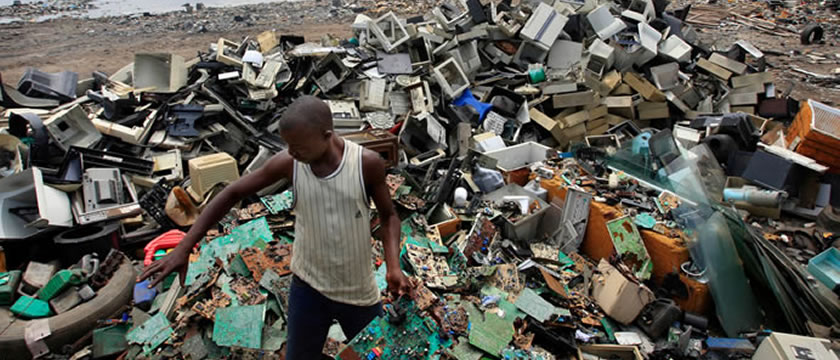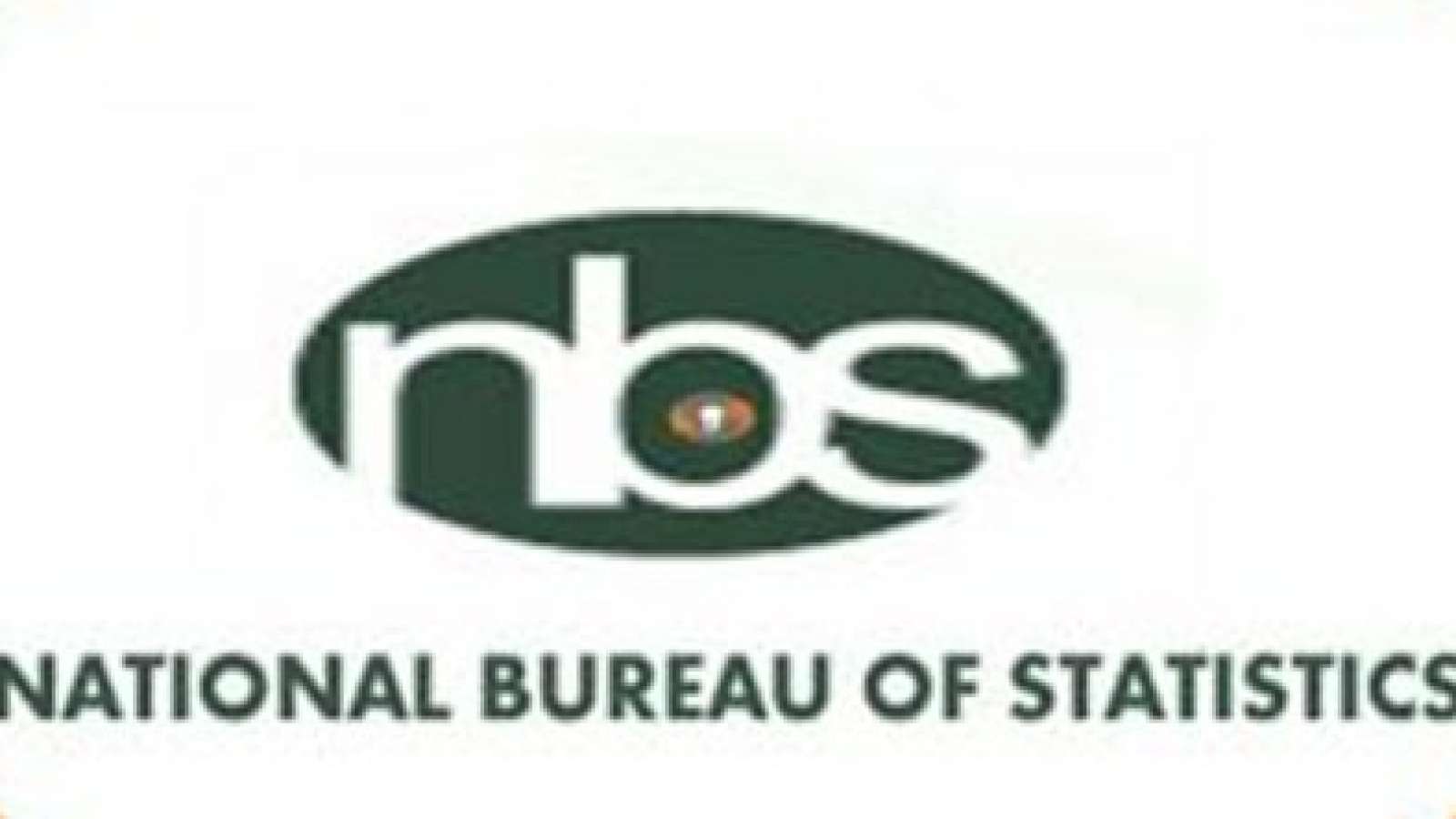…As experts indict NESREA of weak regulatory enforcement drive
The International Telecommunications Union (ITU) has raised a red flag against the prevalence of e-Waste across African countries and Nigeria in particular.
In one of the papers delivered at the recently concluded summit, ITU Secretary-General, Houlin Zhao, said e-waste is informally processed in many regions and high-volume informal recycling has been reported in China, Ghana, Nigeria, India, Thailand, the Philippines, and Vietnam.
According to him, “Boys aged 8–9 years living in an e-waste recycling town had a lower forced vital capacity than did those living in a control town.
“Significant negative correlations between blood chromium concentrations and forced vital capacity in children aged 11 and 13 years were also reported. Findings from most studies showed increases in spontaneous abortions, stillbirths, and premature births, and reduced birthweights and birth lengths associated with exposure to e-waste. People living in e-waste recycling towns or working in e-waste recycling had evidence of greater DNA damage than did those living in control towns.”
Apart from birth complications revealed by the ITU chief, medical experts are of the view that findings from plausible outcomes associated with exposure to e-waste including change in thyroid function, changes in cellular expression and function, adverse neonatal outcomes, changes in temperament and behaviour, and decreased lung function.
Business Hilights recalls that only recently, Lagos Safety Commission (LASSC), acting on credible tipoff, swooped with security operatives in a residential building in Ikeja that is illicitly dedicated to gathering and sorting of e-Waste from faulty electronic devises scavenged from some of the electronic markets in both Ikeja Computer Village and Alaba International.

Addressing the media on the success of the raid, where two Chinese nationals were arrested for subjecting Nigerians in an inhuman condition working for them in an unventilated environment, LASSC official said “Our concern that lead to this successful raid stemmed from the inhuman and very toxic conditions Nigerians are being subjected in the unventilated building”.
“We have arrested the owners and they will be handed over to the Police for profiling and Immigration for their work permits validity in Nigeria.
Besides, several experts who spoke with our correspondents said the relevant federal agency, the National Environmental Standards and Regulatory Enforcement Agency (NESREA) has not done much in awareness creation especially on how not to handle e-waste in electronic markets or sorting them for further use.
This was evident when the LASSC busted an e-waste syndicate powered by two Chinese national in an Ikeja residential compound.
Besides, checks in both Alaba International and Computer Village showed that scavenging for e-Waste is still a booming business even though Nigerians who pick and sort these wastes are not aware of their health implications.
However, the United Nations arm in charge of global communications has noted that if e-watse handling is treated properly through recycling chains and appropriate disposal methods, it could be worth $62.5 billion per year, and subsequently create millions of new ‘clean and green’ jobs.
But the ITU insists that recycling e-waste can also reduce the pressure on high-value and increasingly limited natural resources, namely gold, platinum and cobalt. This has the bonus effect of reducing carbon dioxide emissions as compared to raw resource extraction.
In his lead submission, Zhao stressed that there is need for strong collaboration among academia, small- and medium-sized enterprises, entrepreneurs, civil society and multinational companies to help create a circular economy for technology whereby the environmental and health risks are reduced while creating decent work for millions of people globally.









